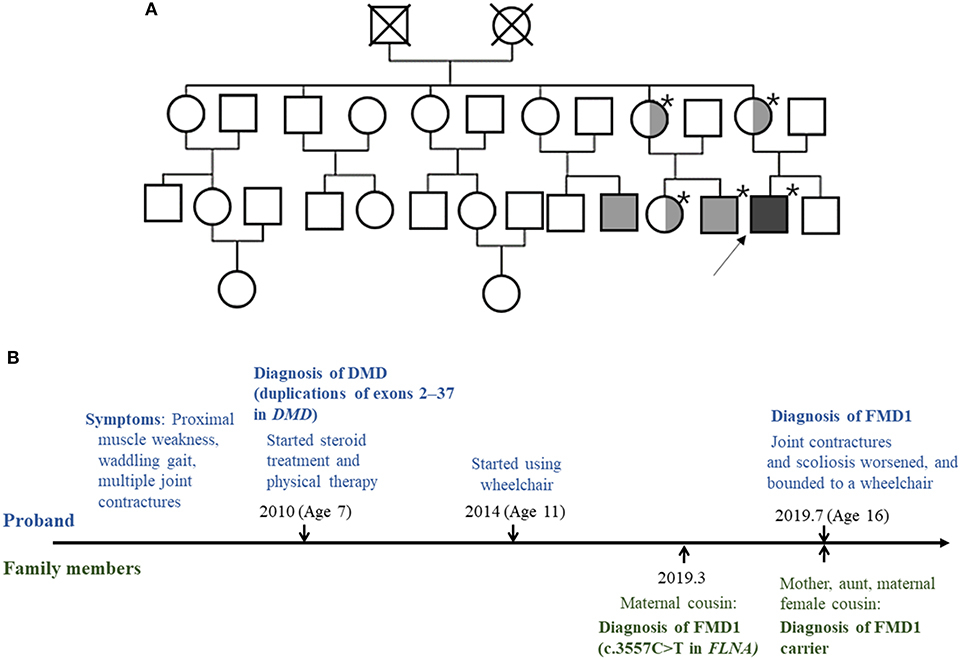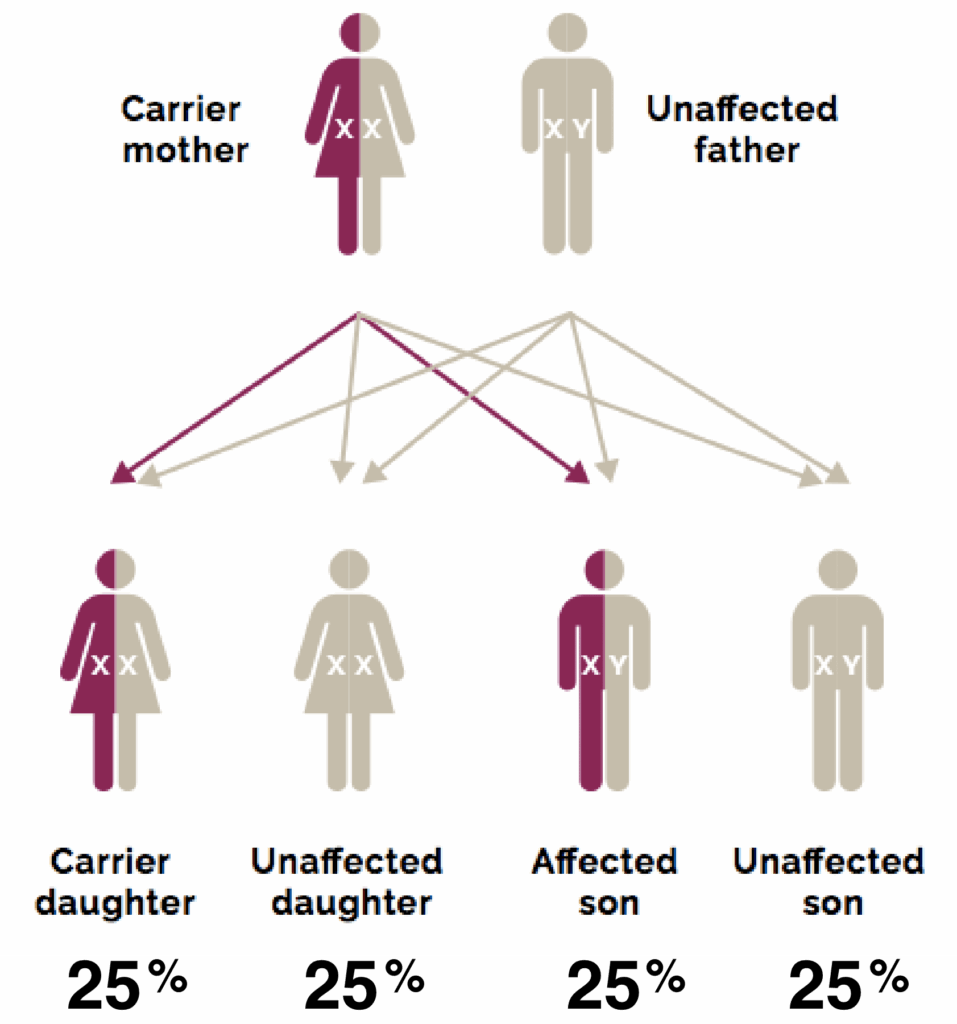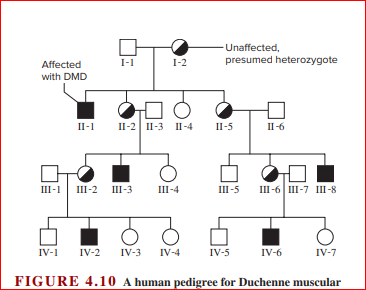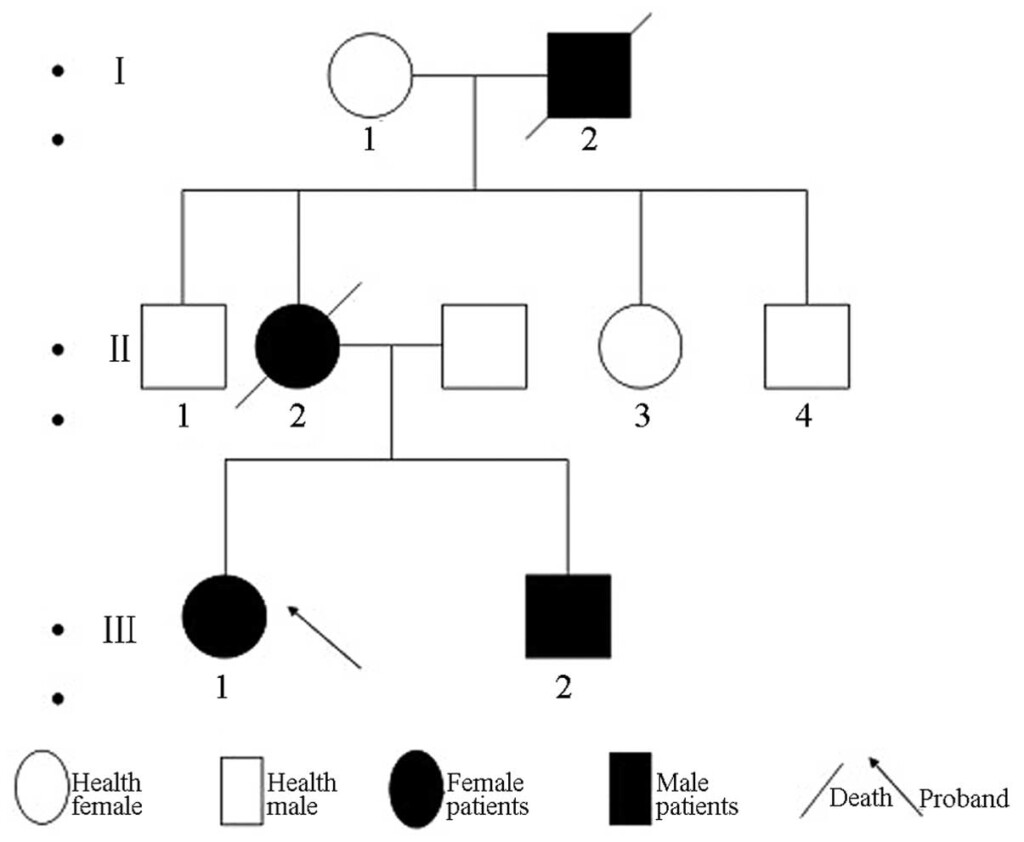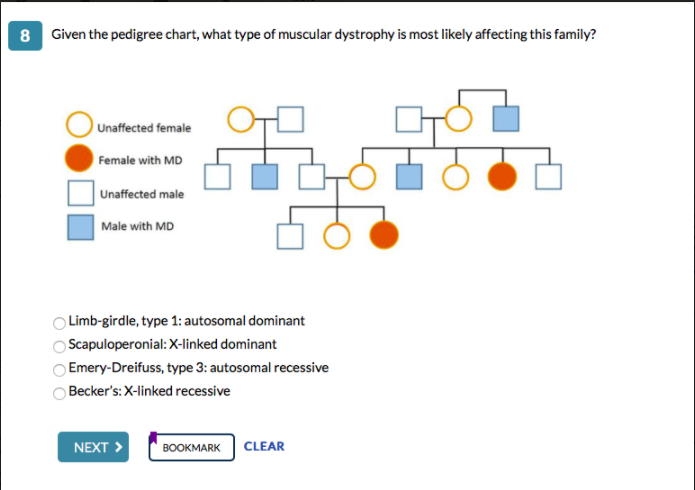Muscular dystrophy is a group of genetic disorders characterized by muscle weakness and degeneration. It affects both children and adults, with symptoms ranging from mild muscle weakness to severe disability. There are several types of muscular dystrophy, each caused by mutations in different genes.
Duchenne muscular dystrophy (DMD) is the most common and severe form of the disease, affecting mainly boys. It is caused by mutations in the dystrophin gene and leads to progressive muscle weakness and loss of function. Becker muscular dystrophy is a milder form of DMD, with later onset and slower progression.
Pedigree Chart Types Of Muscular Dystrophy
Pedigree Charts in Muscular Dystrophy
Pedigree charts are used to trace the inheritance of genetic disorders in families. In the case of muscular dystrophy, pedigree charts can show how the disease is passed down from generation to generation. By analyzing these charts, researchers can identify patterns of inheritance and predict the likelihood of a child inheriting the disease.
Conclusion
Understanding the types of muscular dystrophy and how they are inherited is crucial for diagnosis, treatment, and genetic counseling. By using pedigree charts, researchers and healthcare providers can better understand the genetic basis of the disease and develop targeted therapies. Continued research and advancements in genetic testing are helping to improve the lives of individuals with muscular dystrophy and their families.
Download Pedigree Chart Types Of Muscular Dystrophy
Duchenne Muscular Dystrophy Pedigree Chart
Duchenne Muscular Dystrophy Pedigree Chart
Duchenne Muscular Dystrophy Pedigree Chart
Duchenne Muscular Dystrophy Pedigree Chart
